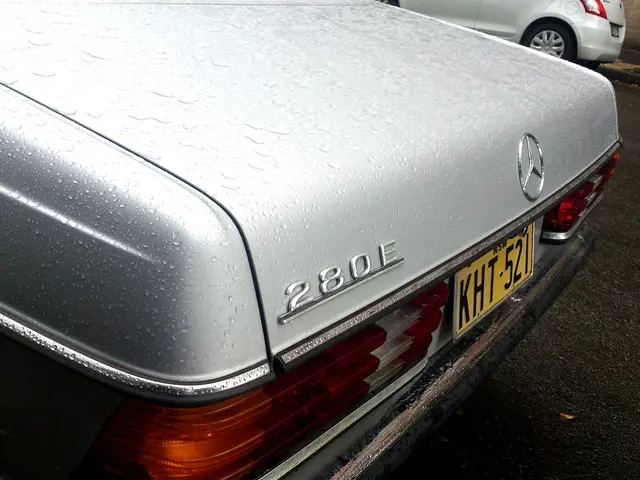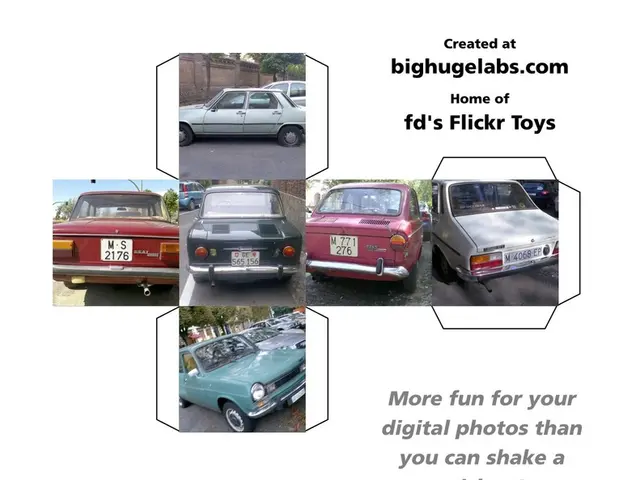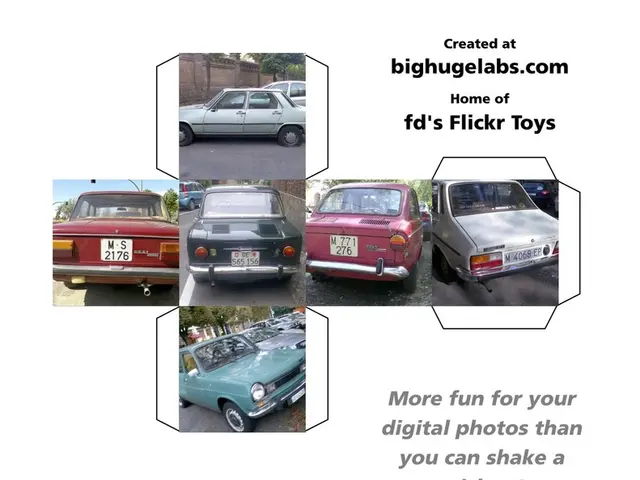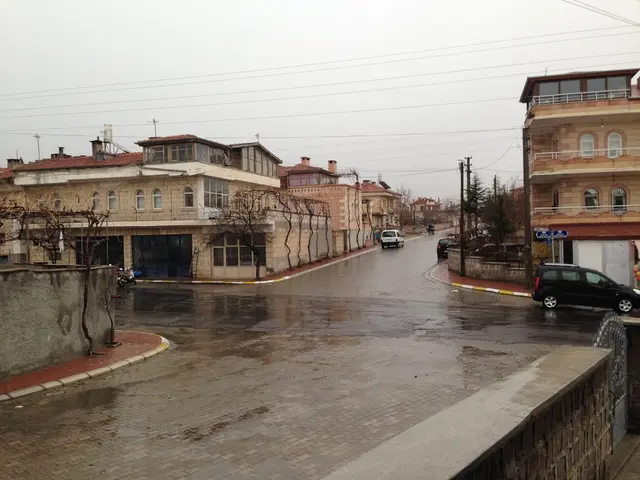Ford Workers in Cologne Strike Back Against Job Cuts and Economic Struggles
Workers at Ford in Cologne protesting and refusing to work - Employees at Ford in Cologne launch a work stoppage, participating in massive protests
Ford is grappling with a turbulent work environment at its plants in Cologne, Germany, due to ongoing cost-cutting measures and planned job reductions as part of a broader European restructuring. Approximately 11,500 workers - production, development, and spare parts included - work at the Cologne site, and they're making their voices heard.
David Lüdtke, speaking on the situation, informed that since early morning, pickets have occupied every gate. Despite the strike, only a few employees tried to make it to work; their colleagues and Lüdtke himself did their best to dissuade them.
Some employees still have access to the site for night shifts, as they operate facilities that would otherwise shut down. According to Lüdtke, the number of these individuals is "not even in the triple digits".
The vote in favor of this action had a high participation rate. A staggering 93.5% said yes, and a turnout of 95.7% ensured the vote's legitimacy. This marks the first time a strike has taken place at the Cologne site following a vote; previously, only warning strikes had been held, lacking strike pay for employees.
In March of this year, Ford's parent company announced the termination of a patronage declaration that had been in effect since 2006. This declaration assured that the US company would shoulder its subsidiary's debts.
By scrapping the declaration, Ford has opened the door for possible bankruptcy in the coming years, according to Benjamin Gruschka, chairman of the works council of the Ford plants. A sudden bankruptcy is already a cause for concern.
The Left party's head, Ines Schwerdtner, deems the recent developments a "slap in the face for the employees." She criticizes Ford's management for being asleep during the transformation, stating that they've failed to make timely shifts toward electromobility and future-proof production.
While negotiations between the union and company continue, the employer side contacted IG Metall on Tuesday to discuss "new solution proposals". The union will listen to these suggestions to determine if negotiations can resume this week, Kerstin Klein, first authorized representative of IG Metall Cologne-Leverkusen, explained.
The strike at the Niehl and Merkenich plants is expected to end early Thursday morning.
Cologne, Ford Motor, Strike, David Lüdtke, Strike call, Metall, Germany, IG Metall, Ford, AFP, Cost-cutting measures, Europe, Bankruptcy.
Insights:
- Ford announced plans to cut around 4,000 jobs in Europe by 2027, with a large portion expected in Germany and the UK. This represents approximately 14% of its European workforce. The cuts came in response to significant losses the company incurred in recent years amid a highly disruptive market environment dominated by rapid EV growth and increased competition, particularly from Chinese manufacturers like BYD[1].
- Ford Germany is reportedly around €5 billion in debt, prompting a €4.4 billion investment in March to stabilize operations there[3].
- The workforce reduction and plant output slowdowns at Cologne expose Ford’s challenges in maintaining competitiveness in the European EV market, especially against surging competitors such as Chinese EV maker BYD, which recently outsold Tesla in Germany[1].
- The large debt burden and restructuring efforts imply significant financial pressure on Ford’s European units[1][3].
- The community is rallying behind the striking Ford workers in Cologne as they fight against the restructuring of the automotive industry, seeking aid to ensure job security and a future-proof production setup.
- As Ford grapples with financial troubles, the need for industry aid extends beyond the restructuring of the steel industry, also encompassing help in transportation infrastructure and financing, considering the broader economic impact.








